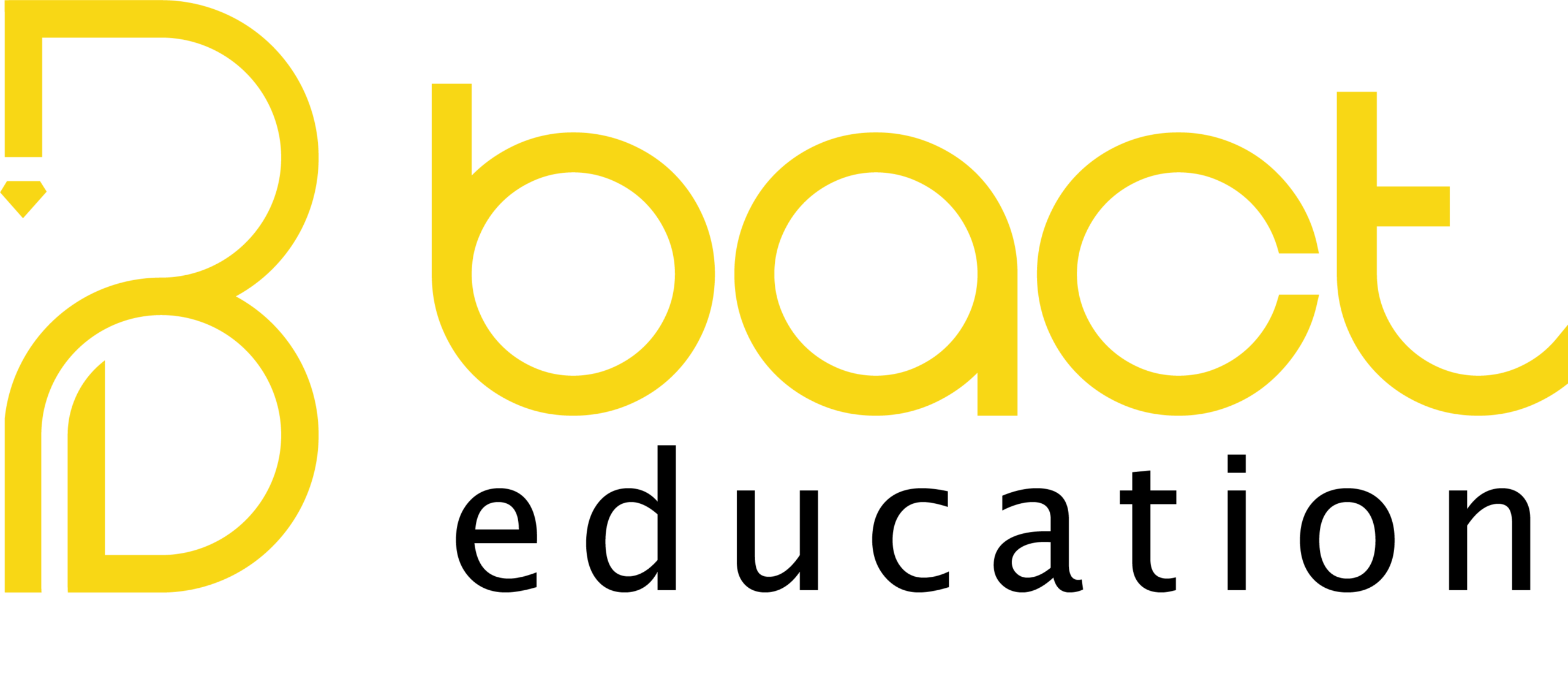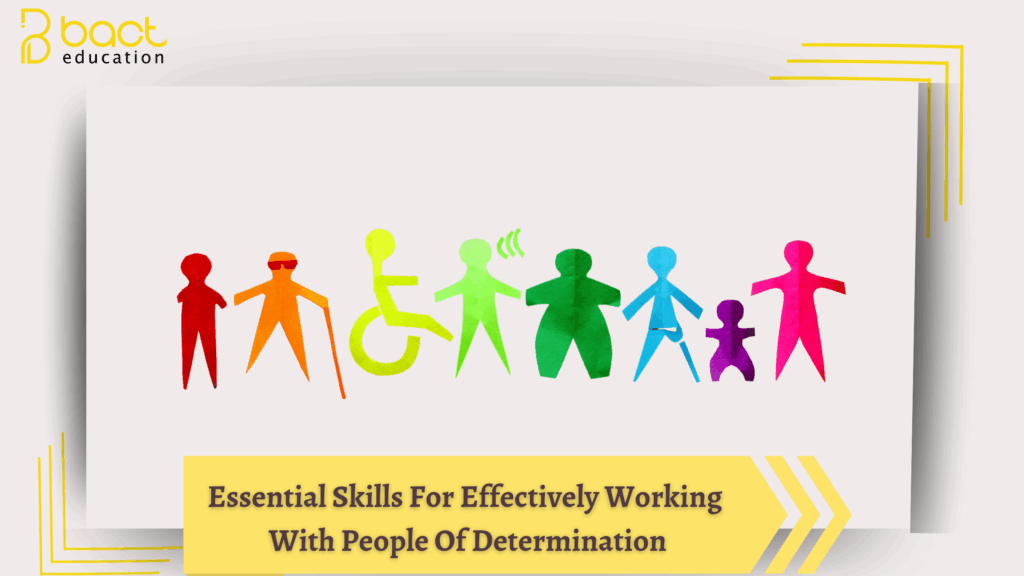Essential Skills for Effectively Working with People of Determination
In today’s inclusive world, understanding how to interact with and support people of determination (a term often used to describe individuals with disabilities) is crucial. Whether in the workplace, education, or social settings, fostering an environment of respect, empathy, and accessibility ensures that everyone feels valued and empowered.
Here are some key skills to develop when engaging with people of determination:
1. Active Listening & Patience
- Listen without interrupting—some individuals may communicate differently or take more time to express themselves.
- Be patient and allow them to complete their thoughts before responding.
- Ask clarifying questions if needed, but avoid making assumptions.
2. Empathy & Respect
- Treat everyone with dignity—disability does not define a person’s worth or capabilities.
- Avoid pity; instead, focus on strengths, abilities, and individuality.
- Respect personal space and assistive devices (e.g., wheelchairs, canes, hearing aids).
3. Clear & Inclusive Communication
- Use simple, direct language when needed.
- For those with hearing impairments, face the person when speaking and consider using written communication if necessary.
- For those with visual impairments, describe surroundings and offer verbal cues.
- Be mindful of nonverbal cues—some individuals may rely on body language or facial expressions.
4. Adaptability & Problem-Solving
- Be flexible in your approach—what works for one person may not work for another.
- Offer assistance only when asked or needed, and always ask how you can help rather than assuming.
- Find creative solutions to accessibility challenges (e.g., providing digital documents for screen readers).
5. Awareness of Accessibility Needs
- Educate yourself on different disabilities and their implications.
- Ensure physical and digital spaces are accessible (ramps, braille signage, captioning, etc.).
- Promote inclusive policies in workplaces and social settings.
6. Positive Attitude & Encouragement
- Focus on abilities, not limitations.
- Encourage independence by allowing individuals to do things their own way.
- Celebrate achievements and provide constructive feedback when needed.
7. Continuous Learning & Advocacy
- Stay informed about disability rights and inclusion best practices.
- Challenge stereotypes and advocate for equal opportunities.
- Encourage others to adopt inclusive behaviors.
Final Thoughts
Working with people of determination is not about treating them differently—it’s about ensuring equity, respect, and opportunity for all. By developing these skills, we contribute to a more inclusive and compassionate society where everyone can thrive.
How do you promote inclusivity in your daily interactions? Share your thoughts in the comments!
Contact us:
+971582491660 whatsApp
+971522395888 Call

